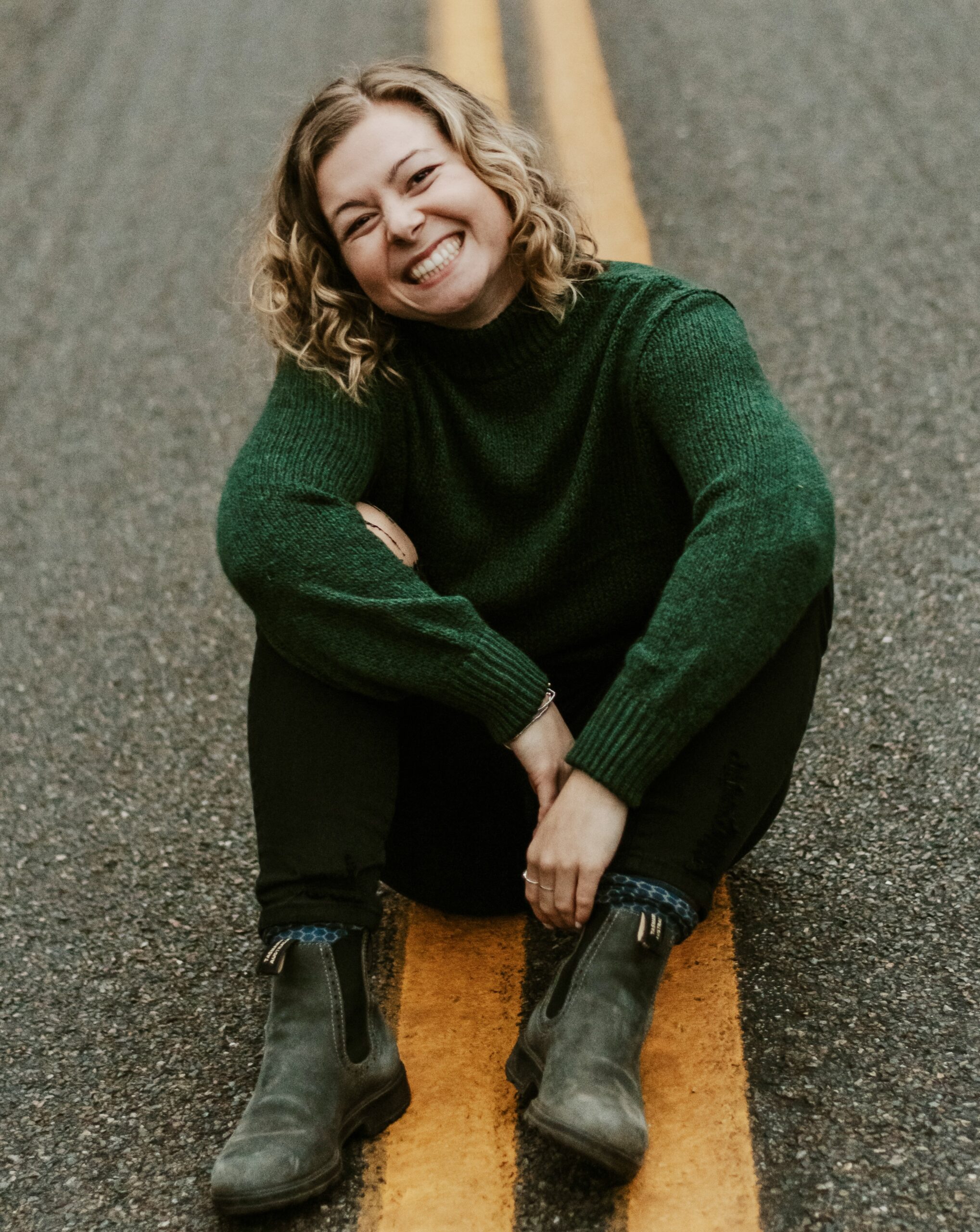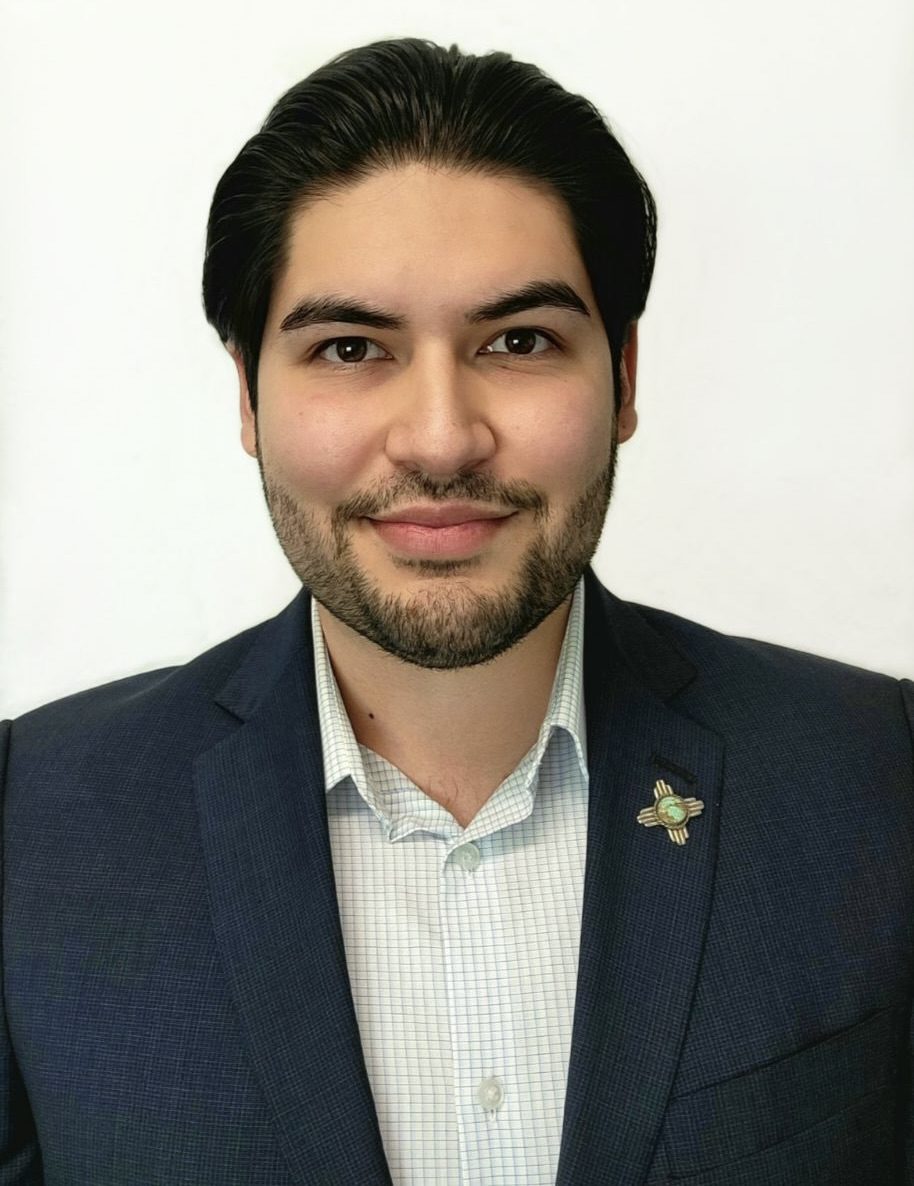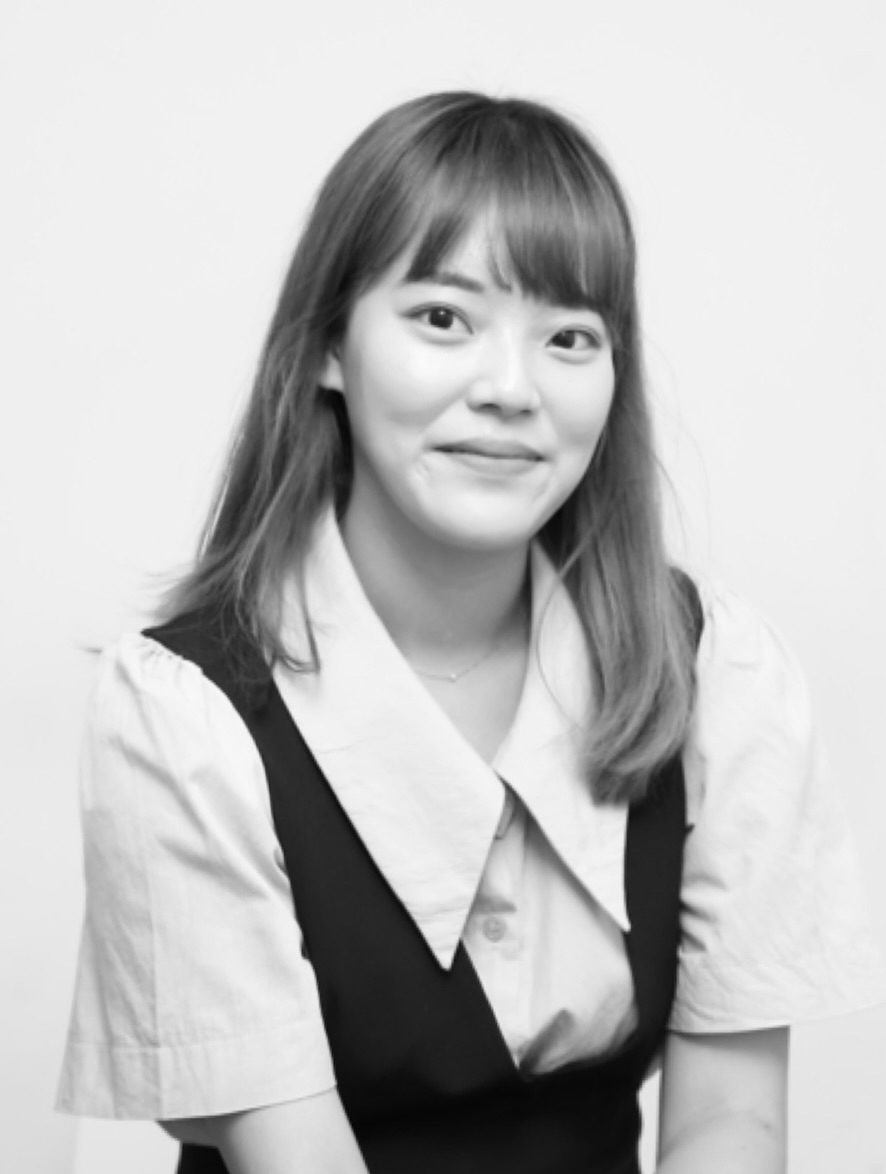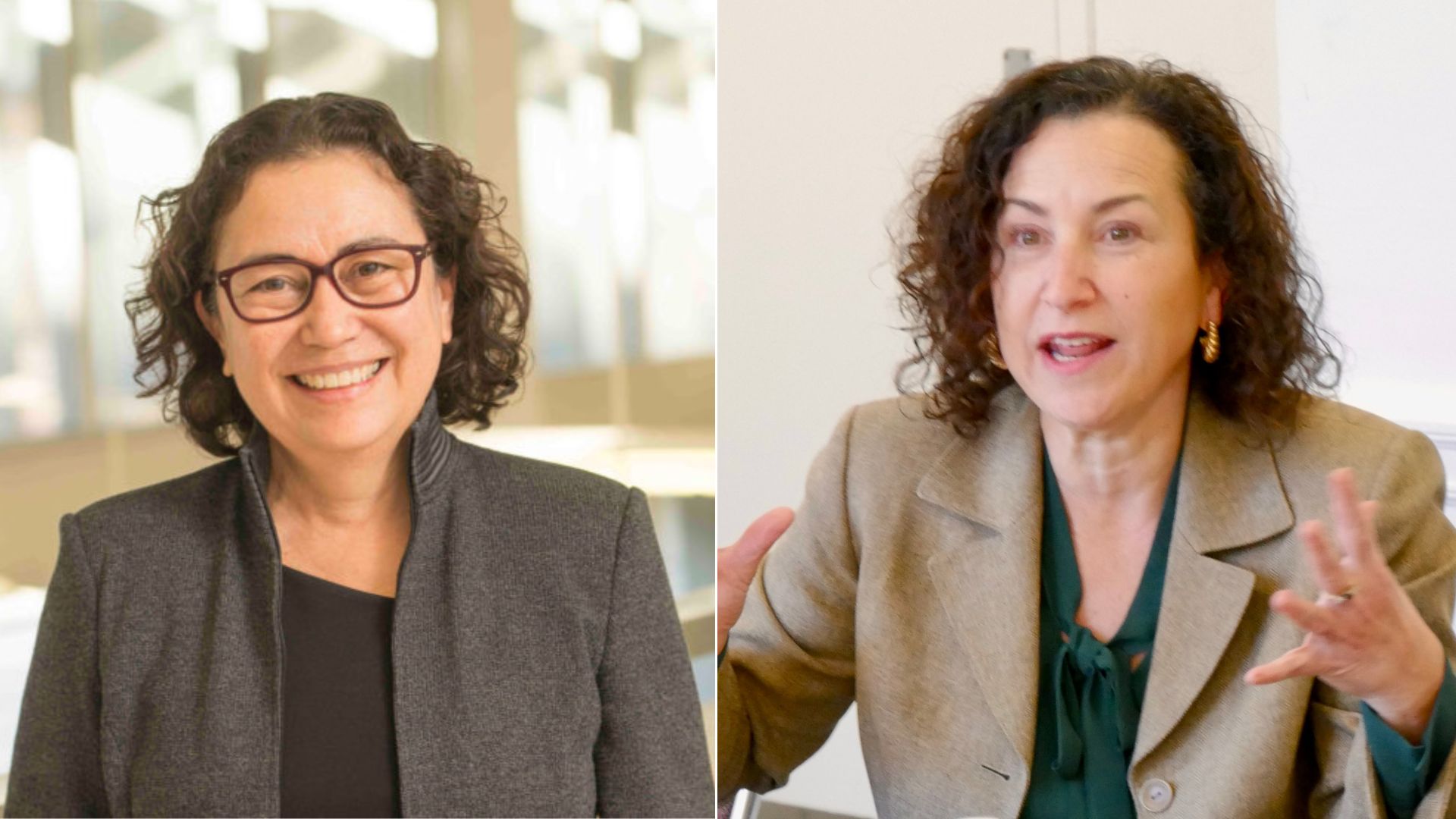Law Students Serve Indigenous Communities through Summer Fellowship Program
From drafting memos for a tribal court judge to helping people fight evictions and stay in their homes, four UC Law SF students spent the summer providing free legal assistance to Indigenous and rural communities in Northern California.
The work was part of a Summer Fellowship Program, now in its second year, that places students with various legal organizations and tribal courts in the state’s rural northern counties, thanks to donor funds allocated by Chancellor & Dean David Faigman.
Beyond giving students valuable work experience, the fellowships are part of the law school’s many restorative justice initiatives aimed at addressing atrocities committed against Native Americans in the Round Valley area in the 1850s.
The students worked on multiple projects, including helping a tribal court judge oversee an election challenge lawsuit and drafting proposed legislation that would make California consider tribes’ perspectives in juvenile justice reforms.

Katherine Hanson ’25 researched and advocated for child welfare issues while working with the California Tribal Families Coalition this summer.
Katherine Hanson ‘25
Originally from the small town of Loomis near Sacramento, Katherine Hanson ‘25 worked as a law clerk for the California Tribal Families Coalition, based in Sacramento. She researched child welfare issues, including the rights of foster parents to intervene in court cases, and helped draft a legislative proposal that would require California to consult with tribes on reforms to its juvenile justice system.
“Native youth are overrepresented in the juvenile justice system, and tribes are rarely consulted on juvenile justice matters,” she said.
Hanson also analyzed a recent Supreme Court decision that affirmed the constitutionality of the Indian Child Welfare Act. She then presented recommendations for future legal strategies to an attorney advisory committee.
“This summer reaffirmed that the legal field is where I am supposed to be, and I plan to work for, and with, tribal communities for many years to come,” she said.

Ricardo Parada ’25 helped draft memos and court opinions as a law clerk for the Round Valley Indian Tribes’ Court.
Ricardo Parada ‘25
Serving as a law clerk for Chief Judge Joseph Wiseman of the Round Valley Indian Tribes’ Court, Ricardo Parada ’25 attended court hearings, researched legal issues, prepared legal memos, and drafted orders and opinions for the court.
“This experience allowed me to build upon the skills that I gained during my Legal Research and Writing courses in my first year of law school,” he said.
Parada, who grew up in Albuquerque, New Mexico, helped manage an important trial challenging the outcome of a recent tribal council recall election. He labeled and categorized trial exhibits, reviewed the case with Judge Wiseman, and helped draft the court’s opinion.
“I felt a sense of pride and excitement in being able to apply the knowledge I gained in my first-year law courses to interpret different tribal constitutions and ordinances to draft bench memos and orders for Judge Wiseman,” Parada said.

Sion Park ’25 helped tenants facing eviction in her work with Legal Services of Northern California.
Sion Park ’25
Working for Legal Services of Northern California’s Ukiah office, Sion Park ’25 helped several clients dealing with unsafe and unhealthy living conditions and others facing threats of eviction from their homes.
“By educating them about their legal rights and teaching them how to advocate for themselves, I provided not only legal assistance but also a sense of empowerment during a vulnerable time,” Park said.
Park, who comes from South Korea, also helped the organization by interviewing new clients, gathering information for cases, doing legal research, and providing general legal information to tribal communities and other groups.
“Witnessing the positive changes that legal support can bring reinforced my belief in the value of serving others and contributing to social justice,” she said.
Fellowship Program
A fourth student was placed with California Indian Legal Services in Eureka, helping with client intakes, drafting wills, working on land trust applications, and preparing resources for domestic violence survivors, among other work.

Jo Carrillo is Faculty Director of the Indigenous Law Center. Gail Silverstein is Associate Dean of Experiential Learning and Co-Director of the Center for Social Justice at UC Law SF.
The idea for the fellowship program was first seeded by Jo Carrillo, Faculty Director of the Indigenous Law Center (ILC), who has worked to involve students in restorative justice efforts.
“The summer fellowship program introduces students to tribal members, communities, organizations, and courts; they in turn teach the students about the importance of tribal law, tribal sovereignty and tribal self-determination.”
Associate Dean of Experiential Learning Gail Silverstein, who set up the program and helped place the students, said she received positive feedback from the students and organizations this year.
“These students gained important work experience while learning about substantial access-to-justice challenges that many Native American and rural communities face,” she said. “We look forward to continuing this valuable program next summer.”